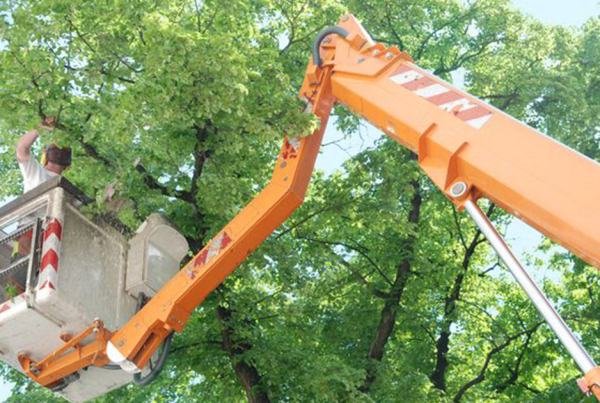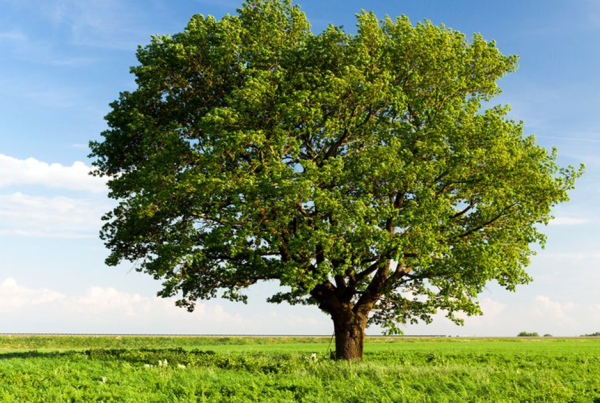
Winter is a stressful time for plants and trees. The soil condition and the extremely low temperatures are detrimental to the health and development of plants. Regardless of the type of garden you have, whether it’s a small one that consists of a few potted plants or an acre of vegetable or flowering plants and trees, the best thing you can do is to prepare them for the coming winter season.
This means taking care of all their nutritional and hydration needs. For trees and shrubberies, using the right amount of winter mulch can go a long way in maintaining optimum soil temperature and preserving moisture in the root system. For seasonal crops, the best thing you can do is harvest those that are ready and prepare the plot for planting for the coming spring.
But what makes mulching so important?
Spreading the right amount and type of mulch in your garden plays a significant role in maintaining the health and development of the crops, as well as the viability of the soil they stand in. during the cold winter months, a layer of mulch on the top soil will provide the ground with adequate insulation and protection against the elements.
The roots of trees and shrubberies can be prevented from completely freezing over by simply adding a layer of mulch around the plant.
The Different Types of Mulch for the Yard or Garden
Gardens come in many different sizes, shapes, and characteristics in terms of the type of plants that are growing in them. There are gardens that house flowering plants that add aesthetic charm to one’s front yard, while there are those that grow vegetable plants and crops for household consumption.
But regardless of the type of crops or flowering plants you have growing in your garden, they all can benefit from the use of mulch, especially during the harsh winter months.
Although there are a wide variety of mulch types available out there, this can be divided into two key categories, the organic and inorganic mulch.
- Organic or Natural Mulch – This category typically includes wood chips, grass clippings, crushed leaves, pine straws, and hardwood shavings in the mixture. This material is available from garden centers, Arborists, power companies, and municipal yard waste facilities. It is very durable and makes an excellent material for covering paths and walkways. If used on landscape beds, nitrogen deficiencies will develop if fertilizer is not periodically applied.
- Inorganic or Synthetic Mulch – This mixture generally has components like crushed rock, pebbles, plastic chips, and rubber shavings.
By comparison, natural or organic mulch is much cheaper than synthetic or inorganic mulch. However, because organic mulch is subject to decay and deterioration, it has to be replaced more frequently compared to inorganic mulch.
The Benefits of Using Mulch in the Winter Season
Mulch can actually be used all year round due to its ability to provide insulation and soil protection. But the process of mulching is especially effective during the winter months because it is the time of year when plants and trees need the most insulation.
- Mulches that are specifically designed for the fall and winter seasons help create an insulating barrier on the ground, between the warmth of the soil and the harsh cold air. The mulch effectively protects the plant roots from intermittent fluctuations of temperature in the soil.
- Specific types of mulches also prevent soil erosion and compaction caused by heavy rains and snow, thus preserving good soil condition when spring arrives.
- Because of the insulating properties of mulches, they also help preserve moisture in the soil, ensuring proper hydration of the root system of the plant.
- Since natural or organic mulches slowly break down over time, these types also contribute to the enrichment of nutrients within the soil. This can be a huge advantage for ground soil that has low or poor fertility. By spring, you will have a healthy and fertile soil ready for planting new crops.
- Winter mulch also helps minimize mechanical and winter injuries that are often sustained by exposed roots and trunks. They play a role in weed control as well as protect the plant from injuries caused by lawn mowers and weed eaters.
- Certain types of mulch, such as cedar, pinewood, and cypress chips have characteristics that help repel ticks, fleas, and gnats.
The Bottom Line
If you want to preserve the health of your garden soil or protect the growth and development process of your trees and shrubberies, you will need the right kind of mulch to apply in your yard or garden. Keep in mind that winter is especially challenging for your plants and trees, so make sure to prepare their beds with the appropriate amount and the right kind of mulch before winter comes.










